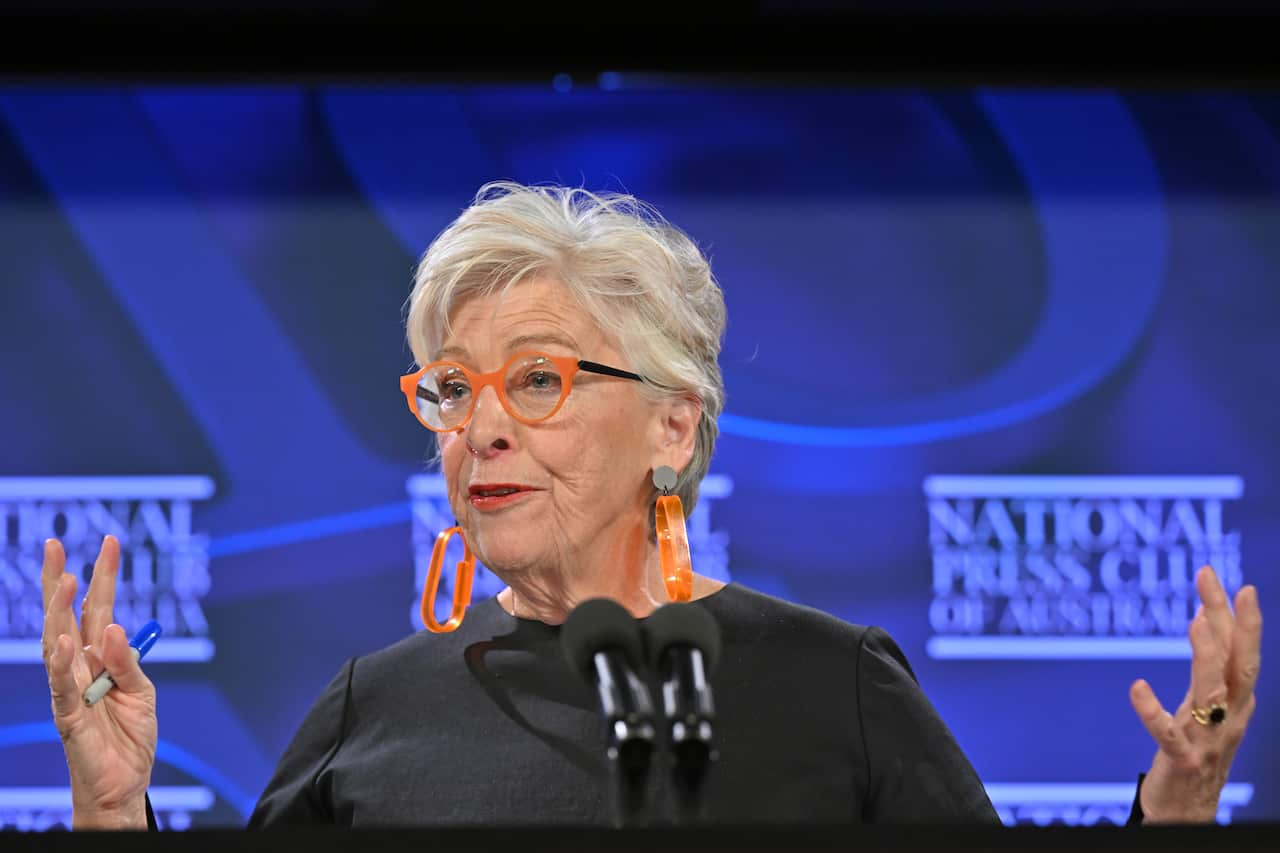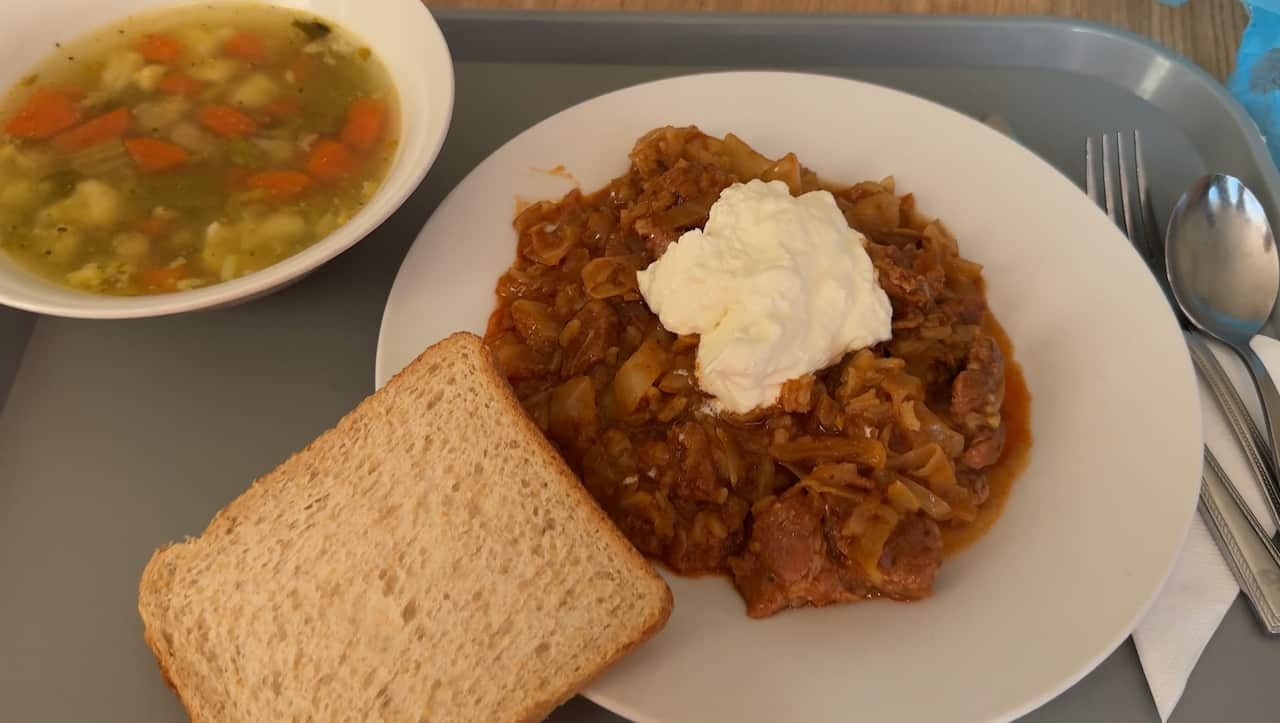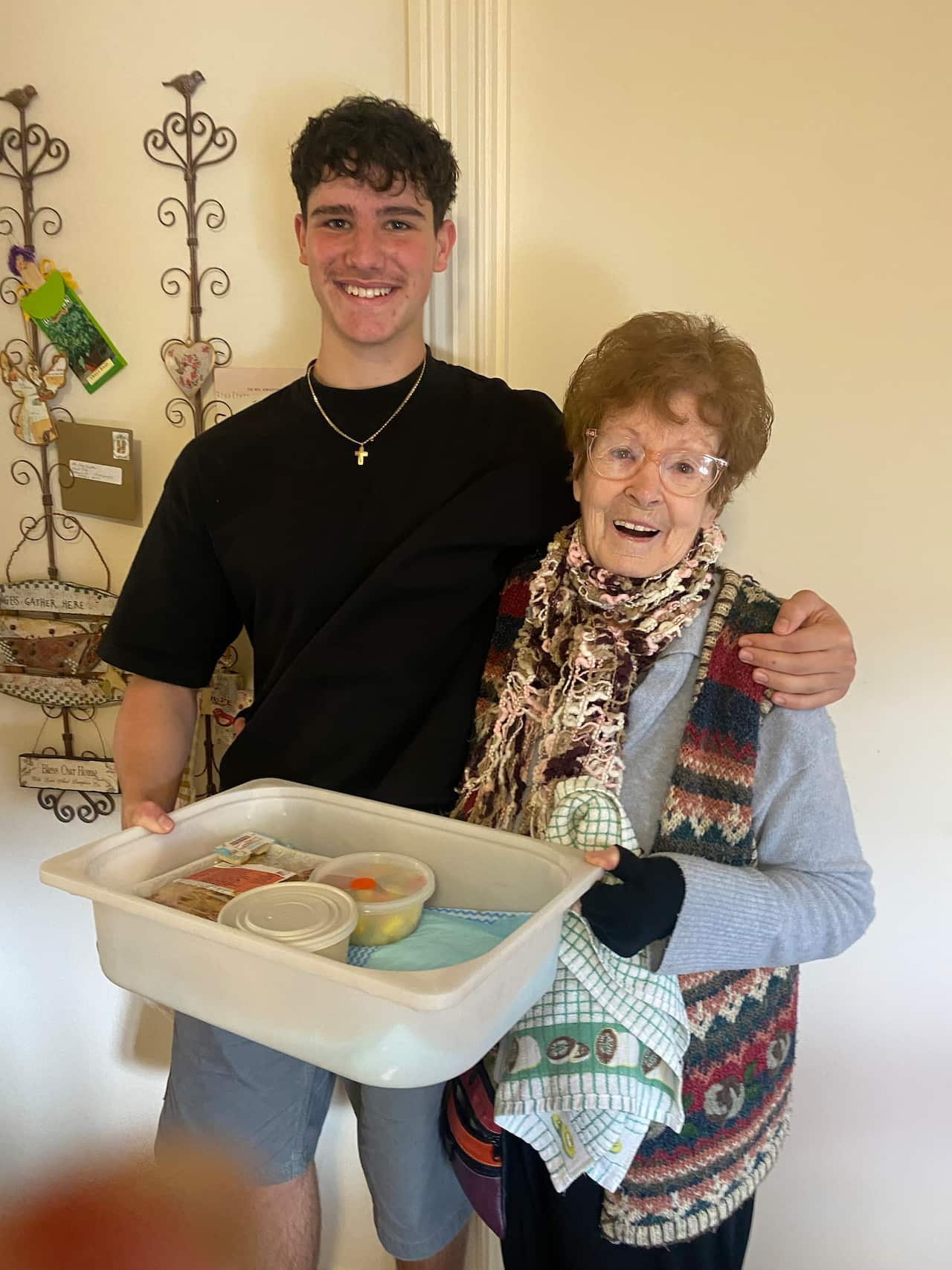Share this @internewscast.com
“Are you getting hungry?”

At Christmas, the Hungarian chef at Árpád Aged Care prepares beigli, a sweet bread with poppy seed or walnut filling. Source: Supplied / Árpád Aged Care
In Australia, around 185,00 people aged 65 and over are currently living in residential aged care facilities across the country. Despite improvements to aged care facilities following the Royal Commission into Aged Care Quality and Safety, rates of malnutrition are still high, with one 2024 study from Griffith and Monash Universities suggesting four in 10 residents are still not getting enough nutrition.
But as our diverse population ages, there is growing awareness that culturally appropriate food can make a significant contribution to improving rates of malnutrition, while also increasing overall wellbeing and quality of life.
Meals that spark joy
“There’s so many reasons why malnutrition is important. It increases health complications. It increases the risk of fall by eight times. It increases pressure injuries, hospitalisations, infections and cognitive decline,” she says.
The issue was highlighted this week by Maggie Beer at a speech given at the National Press Club. The famous former chef was inspired to start the Maggie Beer Foundation to advocate for improved nutrition after visiting a number of facilities where she was “often appalled” by the food that was served there.

Former chef Maggie Beer spoke at the National Press Club on Wednesday where she described seeing “appalling” food being served in some aged care facilities. Source: AAP / Mick Tsikas
“What was missing was not only the joy in food, but the real belief in most places that beautiful food will make such a difference to the wellbeing of residents and pride of the teams,” she said.
Residents are also more likely to finish a meal and subsequently not lose weight, which Hugo says is crucial to older people’s overall health as they age.
More than meatballs
“The food is there to nourish, but there’s that social connection too. It’s a social lubricant if you have a great meal or you see the menu displayed and people get excited, that in itself elicits conversation,” she says.

A traditional Hungarian székelykáposzta or sauerkraut goulash, where the fermented cabbage is cooked with the meat and served with a dollop of sour cream on top. Source: Supplied / Árpád Aged Care
Similarly, at the Árpád facility in Melbourne, meal times are social events. Magdalena says that her daughter will often join her for dinner so they can enjoy the food together. They are planning to do so again next week for her 100th birthday.
“She has said to me she likes to come here and eat because it feels like being back home, like the restaurants in Budapest.”
Risottos against social isolation
They emphasise flavours that Italian migrants grew up with. Traditional creamy risottos cater to those with northern Italian heritage. For Italian Australians with heritage from the south, they prepare pipi e patate, a dish of capsicum and potatoes. They also provide texture-modified foods to support people who are at higher risk of choking.

Adelaide-based charity Nonna’s Cucina delivers 500 home-style Italian meals daily and helps to reduce social isolation for older members of the community staying at home. Source: Supplied / Nonna’s Cucina
“When people are older and lose a bit of their memory, these flavours always bring you back to your home.”
“When you get older and you can’t cook for yourself as much anymore, you might feel a bit hard done by or that it’s unfair that you can’t cook. And then you get told what you have to eat. So we try to provide as much variety as we can,” Dario says.











